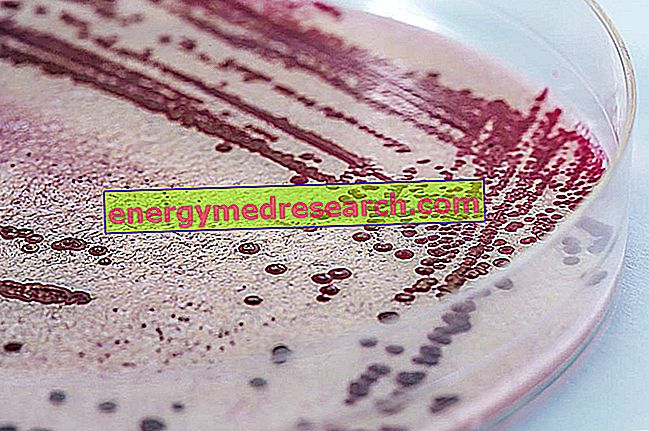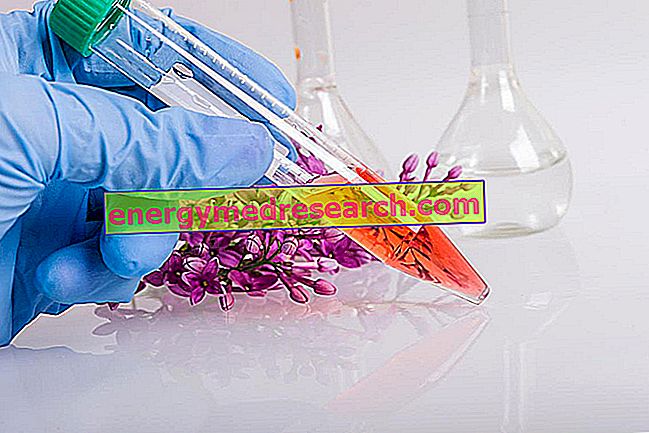
Listeria monocytogenes is a Gram positive bacillus, rod-shaped, asporiginal. The most important characteristic of this microorganism is its ability to adapt and multiply in environments and conditions that are generally unfavorable to non-spore-forming bacteria: it grows within wide temperature ranges (0-45 ° C) and pH (4.4-9).
Its resistance to drying, freezing and high salt concentration (NaCl 15-20%) should also be underlined. In the domestic environment, this bacterium is often found in refrigerators, especially if they are not very clean.
Fortunately, Listeria monocytogenes does not survive high temperatures. Pasteurization guarantees the inactivation of the pathogen, provided it is carried out at 63 ° C for 30 minutes or at 72 ° C for at least 15 seconds (HTST method: High Temperature Short Time).



